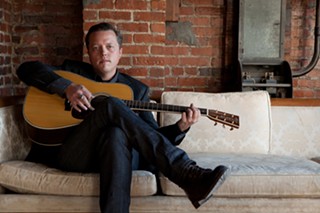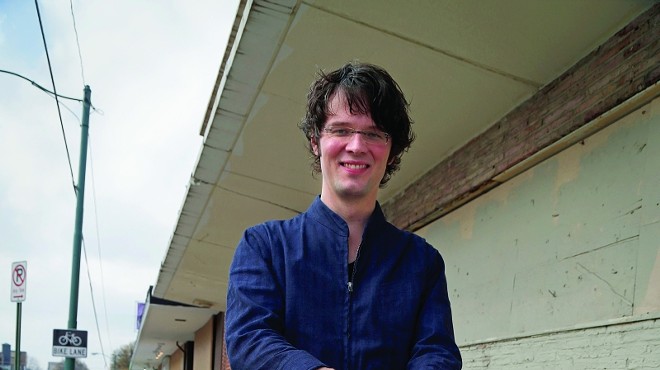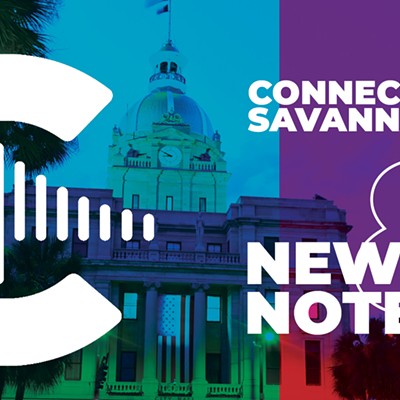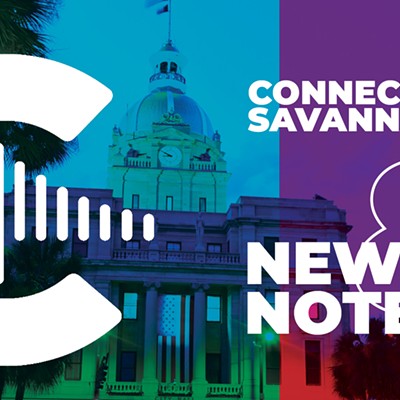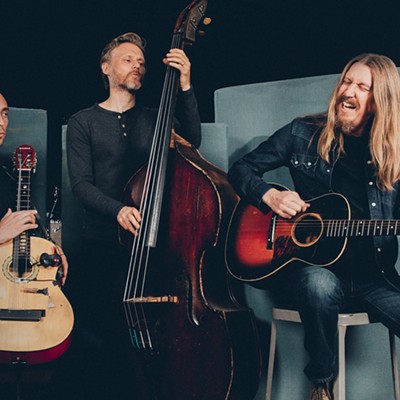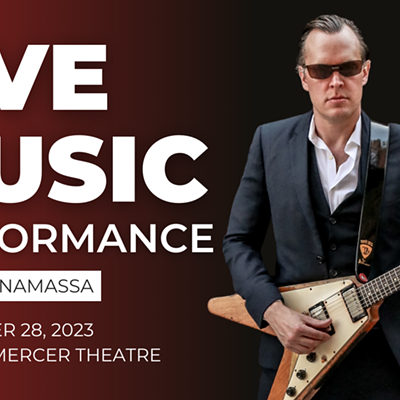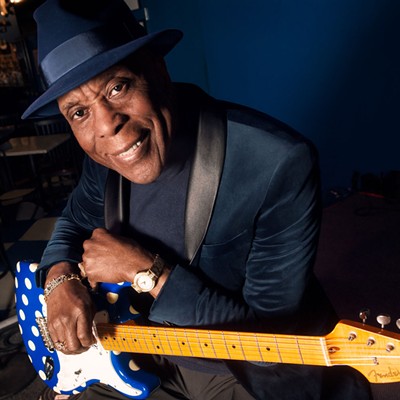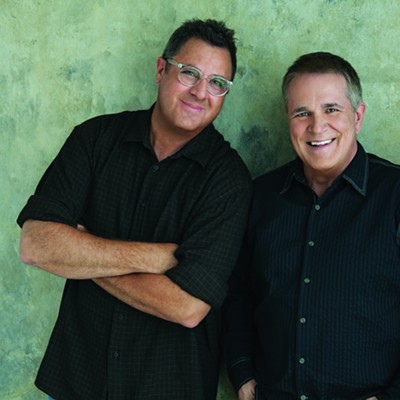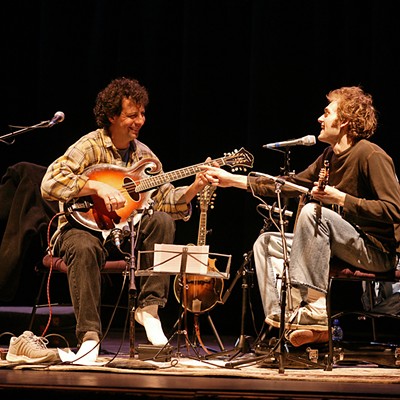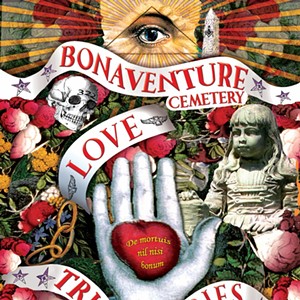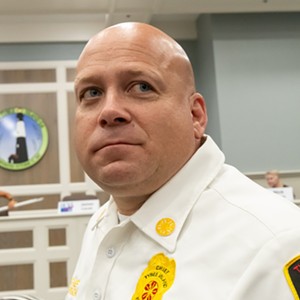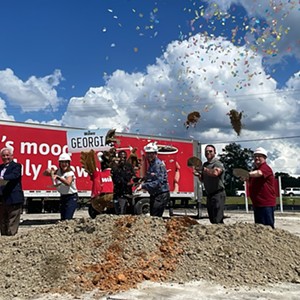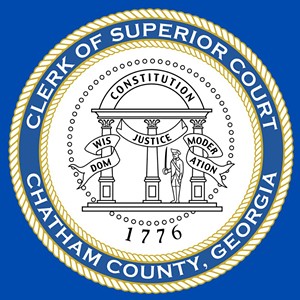Boozing it up is one of those rites of passage that creative types are supposed to partake in. For Jason Isbell, it was one of those duties he was more than willing to execute throughout a career dating back to his time with the alternative southern rockers the Drive-By Truckers.
That is until future wife Amanda Shires took him up on one of his many offers to go to rehab. It’s a choice he embraced back in January 2012 and it has already yielded musical fruit in the form of the dozen songs that make up last year’s studio album, Southeastern.
The Alabama native’s fourth solo album has struck quite a chord thanks to Isbell’s rich, character-driven mini-sagas embraced by predominantly acoustic arrangements. It’s deservedly wound up on numerous best of 2013 album lists and many are saying this may be his best solo outing to date.
And while the idea of making music without knocking a few back might have been cause for concern, Isbell was pleased with how abstaining from alcohol affected his first post-rehab recording.
“Sobriety gave me more time to work,” Isbell said in a recent phone interview. “When the sun went down when I was drinking, I always felt like I should be out somewhere socializing and having a few drinks, which usually turned into a lot. The next day it took me a few hours to get moving, so I didn’t have to worry about that and making music became a whole lot easier.”
With the only hiccup being the fact that new buddy Ryan Adams wound up begging off of producing Southeastern due to scheduling conflicts, the newly-minted teetotaler tapped Dave Cobb (Shooter Jennings, Jamey Johnson) to slide into Adams’ slot.
Without missing a beat, Isbell came away with a number of introspective songs. Among them are “Elephant” and “Yvette,” moving ruminations framed in quasi-acoustic arrangements about cancer and sexual abuse respectively. And while they may seem semi-autobiographical, Isbell explains that’s simply not the case.
“These are not singular stories. They come from stories I gleaned from a few different people’s experiences,” he pointed out. “These songs do have elements of truth and things that actually happened because I think good fiction has to. But it’s not one person’s individual story. It feels a little more creative and a little less personally damaging if I combine stories together.”
Southeastern finds Isbell showing a more restrained, more acoustic side to his music than he did on his previous three solo albums - 2007’s Sirens of the Ditch, 2009’s Jason Isbell and The 400 Unit and 2011’s Here We Rest (the latter two recorded with his backing band, the 400 Unit).
The rootsy, largely acoustic music on Southeastern, though is rich and nicely developed—further evidence that as a solo artist, Isbell has grown into one of rock’s more accomplished tunesmiths.
The Alabama native grew up in the northern part of the state not too far from Florence, where the storied Muscle Shoals and Rick Hall’s FAME (Florence Alabama Music Enterprises) studios are located. Here, the quartet of Barry Beckett, Roger Hawkins, Jimmy Johnson and David Hood were the session musicians behind seminal recordings by an enormous array of artists including Aretha Franklin, Etta James, Tom Jones, Wilson Pickett, The Rolling Stones, Paul Simon and Bob Dylan.
It was here where Isbell hooked up with Hood’s son Patterson, who had founded the band Drive-By Truckers. After meeting up with the younger Hood around town and playing a few shows together as a duo, Isbell joined the band right after college when a slot opened up.
Isbell brought then-spouse Shonna Tucker into the band to play bass in time to record with the group on its fourth album, the 2003 release, Decoration Day. For awhile, the Truckers were a good fit for Isbell, and he remained in the band for two more albums, 2004’s The Dirty South and 2006’s A Blessing and a Curse.
But as time went on, Isbell’s relations had deteriorated with both his wife and other members of the Truckers.
“We just didn’t get along any more,” Isbell said. “We’re all fine now. I’ve actually been in contact with Patterson quite a bit. But I was getting divorced and we were both still in the band. Plus there was a lot of shit going on at the time. I was drinking way too much. I mean, we all were. We just didn’t like being around each other anymore.”
Regardless of how relations wound up, Isbell’s Drive-By Truckers musical education lasted five years and he marvels at pointing out how ahead of his time he felt Patterson Hood was.
“Before crowdsourcing was a way to do things, that’s what Patterson had come up with. Before Kickstarter was around, they were putting out (the 2011 self-released album) Southern Rock Opera. It was a model where they sold 20,000 copies of that out of the back of the van themselves. And they had investors to make a record and wound up paying everybody back.”
Isbell also learned a thing or three about a work ethic while with the Truckers.
“We’d play 250 shows a year as an average,” he said. “I don’t think I’ll ever work that hard again in my life and I don’t think I’ll ever want to. But it was a good work ethic and it showed me what it takes to actually make a living and to do it making the kind of music that you actually want to make. That’s the hard part.”

